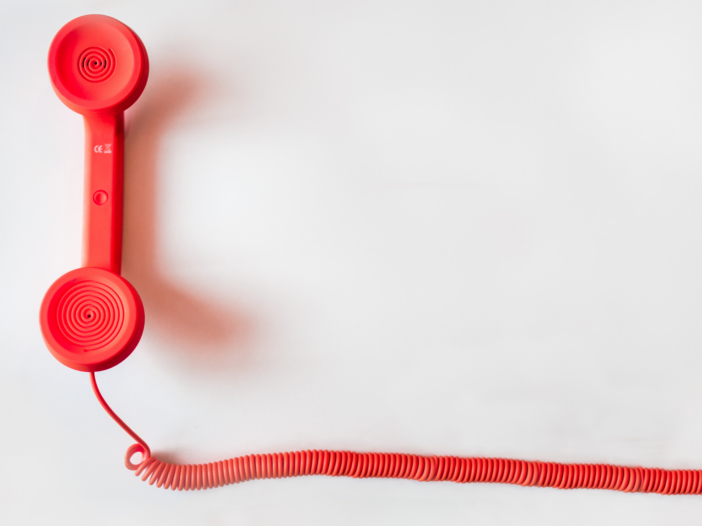
In March 2020, the Social Security Administration (SSA) suspended in-person hearings and offered claimants the option of a disability hearing over the phone. In the last two years, thousands of claimants chose to proceed with a telephone hearing as opposed to waiting for an in-person hearing.
As of this writing, the SSA will reopen field offices in April for some in-person services and resume in-person hearings as appropriate. But they will also continue telephone hearings for those claimants who prefer that option.
Pros and Cons of a Disability Hearing Over the Phone
Since 2020, we’ve represented hundreds of claimants at telephone hearings. We weren’t sure how this change would impact approval rates. But, we are happy to report that over the last two years, we did not observe a significant decline in claim approval rates due to telephone hearings.
The telephone hearings benefitted clients in a few ways:
- Speedy hearing timelines: The amount of time to schedule a hearing dropped as hearings could be easily transferred to Administrative Law Judges (ALJs) from other regions with more available time.
- Mental health claimant preparation: We work with many claimants who struggle with anxiety, depression, and other mental health disorders. These conditions can impact a claimant’s ability to testify when in-person. Telephone hearings may be less stressful in these instances.
- Lower costs of travel: SSA does not reimburse most claimants for traveling to an in-person hearing. With fuel and other costs increasing, telephone hearings save claimants time and money.
Although telephone hearings did benefit clients in a few ways, we also noted some drawbacks and a slight decline (5%) in approval rates. We attribute this to:
- Speedy hearing timelines: Shorter waits can be a good thing for disability claimants. But, when SSA reassigned some hearings, they were scheduled so quickly that claimants who recently stopped work and applied for disability did not meet the 12-month waiting period requirement. In those cases, we noted that some ALJs would deny strong claims due to a lack of medical evidence.
- Out-of-State Judges: Another drawback of telephone hearings and SSA’s new central scheduling initiative is that SSA may assign out-of-state ALJs to a claim. This can make it difficult for a disability lawyer to familiarize themselves with the Judge’s likes, dislikes and mannerisms which can impact client preparation. In addition, out-of-state judges are not familiar with local health systems.
How To Win a Social Security Disability Hearing
If you are working with a good disability lawyer, they should prepare you thoroughly for any hearing, whether it’s in-person or by telephone. They should also give you an indication of how strong your disability claim is. If you have been working or have little to no medical evidence, your claim is not likely to be successful.
Specific to telephone hearings, we remind claimants that they are not allowed to videotape or record the proceeding. They must be in a room alone, with no other person present. And, we recommend they find a quiet place with no distractions so they can present the strongest testimony possible.
We also remind clients to be clear and direct by responding with “yes” or no” and by keeping the “uh huh’s” and “unh uh’s” to a minimum. This helps the scribe transcribe your testimony more clearly and is particularly useful when a Judge reviews your testimony after the hearing.
Winston-Salem Disability Lawyers
Disability claimants represented by a disability lawyer win more claims than those who go it alone. If you or someone you know is applying for SSDI or SSI benefits, contact our Winston-Salem disability lawyers today. We help claimants at every stage of the process and there is no charge for a free consultation on your claim.



